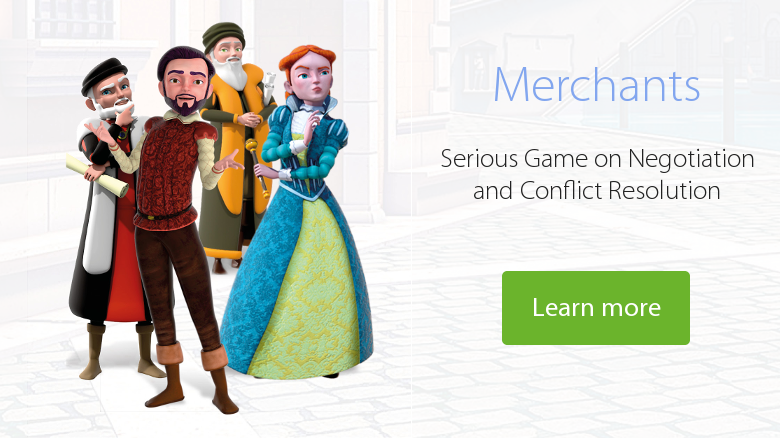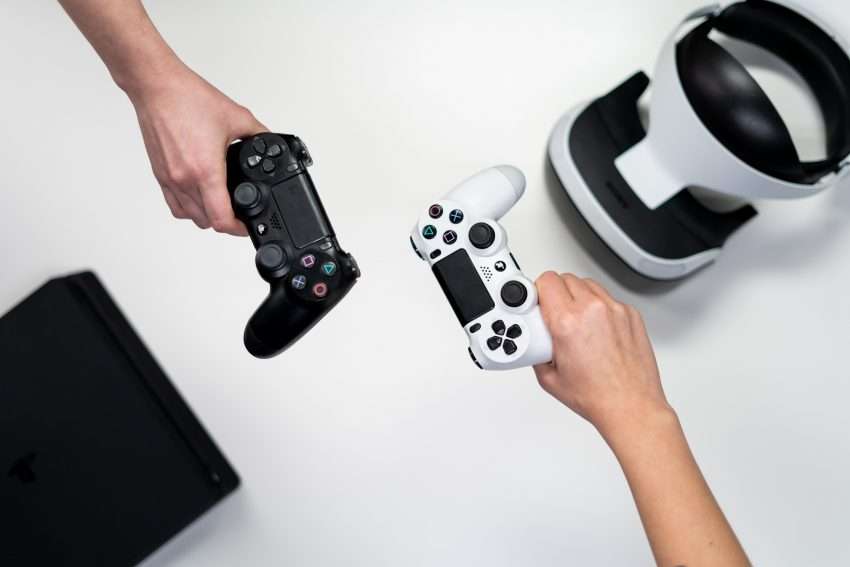NHS Wales (Welsh National Health Service) joins the long list of public agencies around the world that have validated and demonstrated the effectiveness of the video game in the field of corporate training. The difference with NHS Wales is that it has opened a new path in the British Isles, being the first UK public administration to incorporate simulators and video games in their training strategies.

Online training with classroom quality thanks to a video game
NHS Wales has decided to go for this completely innovative learning methodology in order to meet their training challenges:
- The complexity of classroom training, which requires the availability of employees to attend it in a particular place and at a specific time.
- The difficulty of finding online solutions that will ensure the quality and usefulness standards of classroom training.
- The low level of engagement of e-learning courses, resulting in high dropout rates.
As a result, NHS Wales has implemented a course-simulator in a video game format for the development of communication and conflict resolution skills. This course has been incorporated into their program for the development of professional skills.
This training initiative has been implemented in NHS Wales’s staff area. A total of 30 participants have been pioneers in the development of non-technical skills through a negotiation simulator.
For the implementation of the initiative, NHS Wales has selected the negotiation simulator Merchants. Thanks to it, participants have been able to know firsthand the benefits of experiential learning.
This simulator represents 6 “real” negotiation cases in which NHS employees have practiced their communicative skills, conflict resolution abilities and initiative to reach successful agreements while receiving feedback with areas to be improved. And the results obtained thanks to this methodology have exceeded all initial expectations:
Completion ratio was 86% (from a total of 30 participants)
Because of its e-learning nature, participants have defined their own learning pace, choosing when to do the training. Besides, the gamification techniques implemented in the simulator have made it possible to increase the motivation and level of engagement of the user.
100% of participants recommend the program and 93% admit having applied the skills learned in their jobs
Thanks to experiential learning (practice and feedback), the participant has tested the skills learned in situations similar to those in real life, thus increasing confidence. That is why these skills have been implemented in the workplace from day one.
Following the implementation of the program, NHS has been one of the first public agencies in the UK to validate the effectiveness of a serious game.






